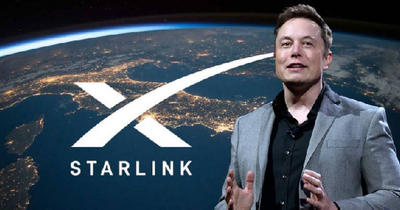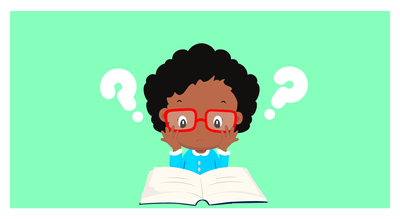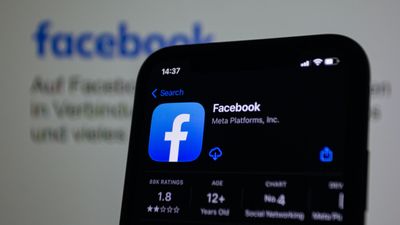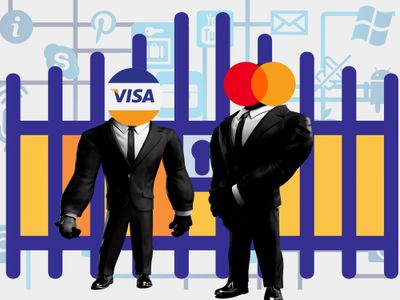Earlier in 2016, the United Nations declared internet access as a basic human right. Some could argue that the internet is a luxury and that there are more essential things that need to be sorted out first before we start thinking about providing internet access to all. However, I think given its potential to drive development and connect people, the internet is just as necessary and essential to life as water, food, and shelter.
No, I’m not saying that internet access is equivalent to water, but rather access to information is essential. It is open for debate but it’s important to bear in mind the benefits that internet access has achieved vs a world without.
The internet is a truly global system that allows one to learn, read and explore not just the community around them but those across the world. All in the comfort of your own home. In a world that is becoming connected, it only makes sense to make it more accessible.
Furthermore, this brings out the question of who owns the internet, and why are we paying that person so much money.
No one owns the internet.
Vangie Beal describes the internet as a concept that “relies on infrastructure that connects networks to networks”.
No one actually owns the Internet, and no single person or organization controls the Internet in its entirety. The Internet is more of a concept than an actual tangible entity, and it relies on a physical infrastructure that connects networks to other networks. - Vangie Beal, Webopedia
What we’re paying for is not the internet itself, but rather the infrastructure through which it's delivered. We give money to internet service providers, who help to direct the traffic from the networks to the people.
If the internet was a city, ICANN - the Internet Corporation for Assigned Names and Numbers - would be the entity responsible for giving everyone an address. ICANN is responsible for making sure that every domain name links to the correct IP address, but they don't own the internet either.
It is important to note that this is a simplified explanation of a very complicated concept.
Who controls the internet?
Imagine a world where you could search the internet for free. No mobile data costs, no airtime required, just open surfing. Data is expensive and as a result of that, many Afrikans are being excluded from exploring the internet and gaining access to valuable information.
Regarding many of those who do not have access to technology, it goes even further. In some parts of Afrika, many women and girls are still being excluded from modern technology.
To target this, upon declaring internet access a basic human right, the UN stressed the need to empower women and girls through digital interventions. It highlighted the importance of doing the following;
- Enhancing their access to Information & Communications Technology (ICT)
- Promoting digital literacy
- Promoting the participation of women and girls in education and training on ICT
- Encouraging women and girls to embark on careers in Sciences and ICT
This brings to mind a number of projects to make the internet more accessible, such as Facebook's Free Basics.
While some could argue that the internet is good, so making it free makes it even better, the truth is that these initiatives often result in less connectivity, not more.
Imagine attending a concert where your favorite band is playing. There is the option of paying admission and hearing the whole thing or getting free headphones that only play certain songs. The free option could appeal to some, because it's free, obviously. However, the fact that the songs are pre-selected means you don't get to enjoy the full concert experience. The fact that the songs chosen may not be among your favorites is also something to consider.
Free Basics is like these headphones. The people at Facebook choose which services to make available for free, essentially tailoring an internet ring-fenced from the rest of the web, flashing a warning every time you tried to wander outside the designated area.
This flies in the face of an essential tenet of the web - neutrality.
Time for another thought experiment.
Imagine your water company asking you to pay more to get water at a higher pressure. For those unwilling to pay, there would be a tiny trickle out of the tap, and for those who are willing to cough up the doe, they could easily run a waterpark out of their homes.
Instead of delivering water at the same pressure for everyone as they're supposed to, they're discriminating against those unwilling or unable to pay more.
Now replace 'water company' with 'internet service provider'.
This is another interesting argument.
If internet service providers supply internet access, do they own the internet?
Can they make your connection slower if, for example, you're always streaming movies, or faster if all you do is Google recipes?
The short answer is no.
The Dynamic Coalition on Network Neutrality, a multi-stakeholder body of the United Nations Internet Governance Forum internet, argues that the internet is a neutral platform, meaning that you have the right to use it however you want.
Network Neutrality is the principle according to which Internet traffic shall be treated equally, without discrimination, restriction or interference regardless of its sender, recipient, type or content, so that Internet users’ freedom of choice is not restricted by favouring or disfavouring the transmission of Internet traffic associated with particular content, services, applications, or devices. Global Net Neutrality Coalition
While net neutrality is a fundamental right, there are some who argue that letting anyone do what they want online opens the door to data theft and cybercrime.
However, since the internet is fundamentally neutral, we should all be free to use it however we want, be it to watch cat videos, demonstrate against government tyranny, or catch up with friends and loved ones.
If you pay for internet access, you're essentially a shareholder in the physical infrastructure that connects networks to other networks.
The decentralized model on which the internet exists is driven by the freedom for anyone to participate.
So who owns the internet?
Everyone, and no one.
— By Kungela Mzuku






